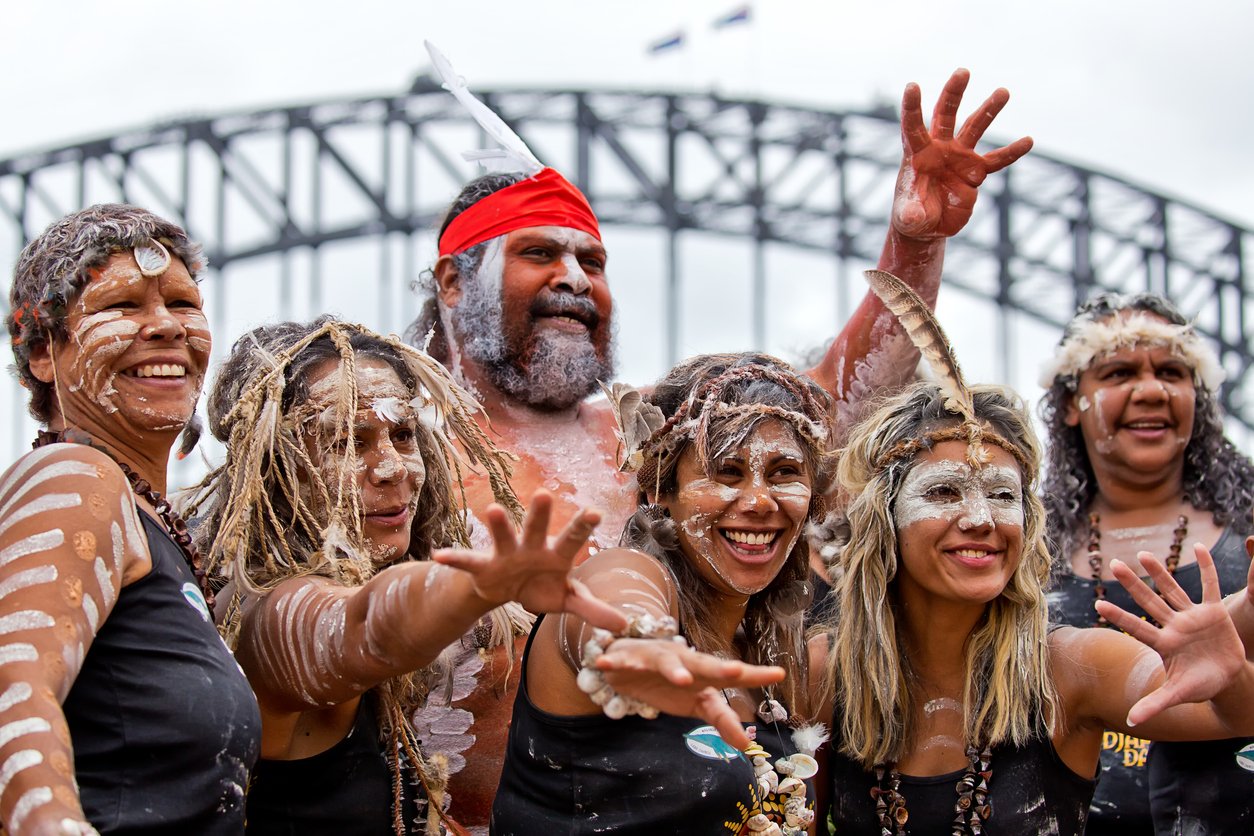New research from the strategic insights business Pollinate has found the majority of Australians are expecting a “No” outcome regardless of which way they vote in the upcoming indigenous Voice to Parliament referendum.
68 per cent of the people surveyed believe the referendum will be voted down, despite 31 per cent planning to vote “Yes”, 39 per cent planning to vote “No” and 30 per cent unsure at this stage about how they will vote.
There is a clear lack of clarity surrounding the “Yes” campaign, with 29 per cent of people who are aware of the Voice referendum not feeling confident in their knowledge about the key issues.
That uncertainty is leading people to change their minds: the proportion of people voting “Yes” is eroding, with 14 per cent of people switching their vote from “Yes” to “No” since the announcement of the referendum.
Pollinate’s research found awareness of the looming referendum is not widespread, with 24 per cent of respondents unaware of it when asked. The shortfall in awareness extends to everyday social discourse, with 37 per cent of respondents saying not many people are talking about the Voice and another 10 per cent saying they are not hearing about the Voice at all.
The research was conducted earlier this month among about 1,000 people aged 18+ across Australia. The sample was representative of the national population and used Social Soup’s proprietary community.
Pollinate chief executive officer, Howard Parry-Husbands, said: “Over the past 122 years, only eight of the 44 national referendums have been carried. Right now, it looks like the Voice referendum will fall into the same category. Importantly, even among ‘Yes’ voters, there is a general sense that the outcome will be ‘No’.
“Right now, the ‘Yes’ campaign urgently needs to get the country talking about the Voice because it’s all about grassroots conversations led by word of mouth. Conversing with friends and family on this issue is the second most impactful influence channel; conversations with campaigners was the primary influence.
“More advertising alone will not change the outcome because people are spooked by uncertainty. People planning to vote ‘No’ are worried about the cost and legal implications of the Voice, with the perception that there will be more red tape and delays in legal decision making. They also feel a ‘Yes’ vote will create more of a division across the country. Conversely, people planning to vote ‘Yes’ are focused on equality and equity, seeing a ‘Yes’ vote as representation for the indigenous community,” he said.
“There is an obvious paradox that both ‘No’ and ‘Yes’ voters state concerns over equality as a reason for their decision. This raises deeper questions about how the Voice has evoked the fractured values that underpin Australian society.”
The research by Pollinate looked at how people have heard about the Voice and what is influencing how they are planning to vote.
Social Soup founder and director, Sharyn Smith, said: “Most people have heard of the Voice from the media [50 per cent] or conversations with people they know [29 per cent].
“But when asked which are the most impactful channels, it is dialogue that drives impact: 40 per cent of respondents said conversations with campaigners; 36 per cent nominated conversations with friends and family; 27 per cent said the Voice website; 22 per cent mentioned community and advocacy groups; and 21 per cent said social media posts from friends and family.”
Pollinate is part of the fast-growing independent marketing business, The Influence Group, which also owns Social Soup, the largest influencer marketing business in Australia and New Zealand.








